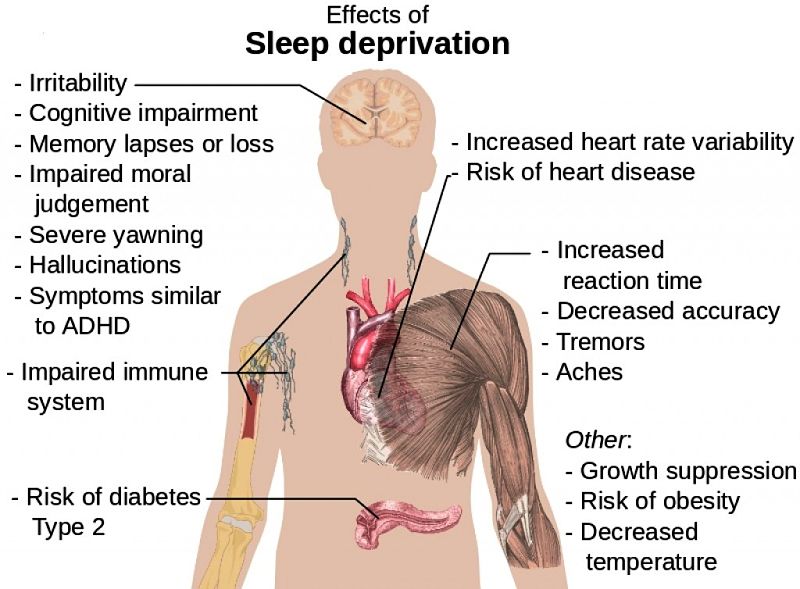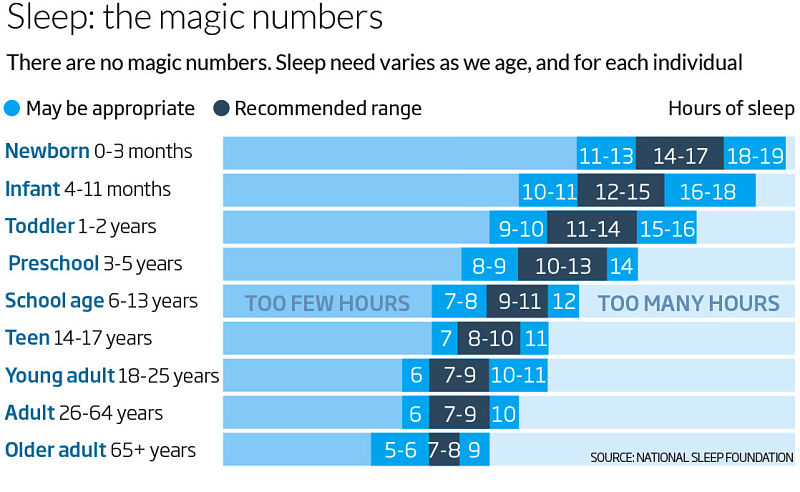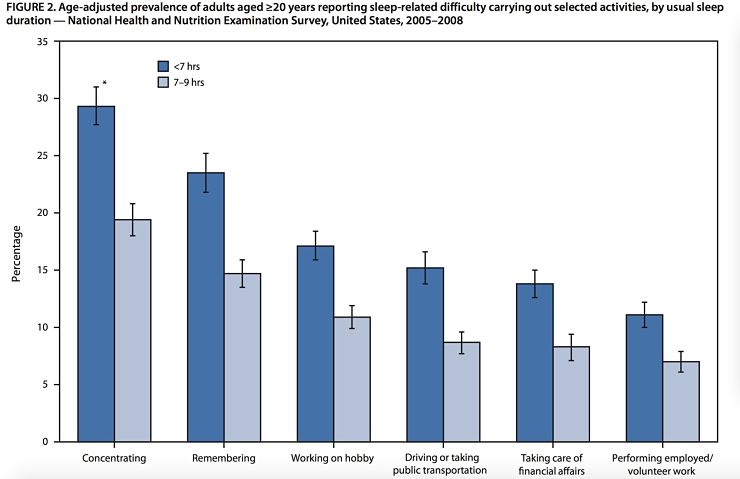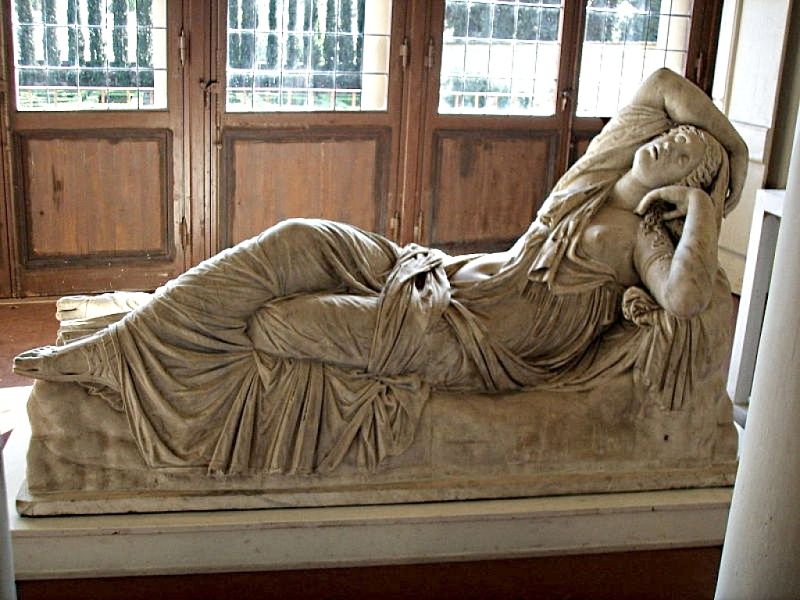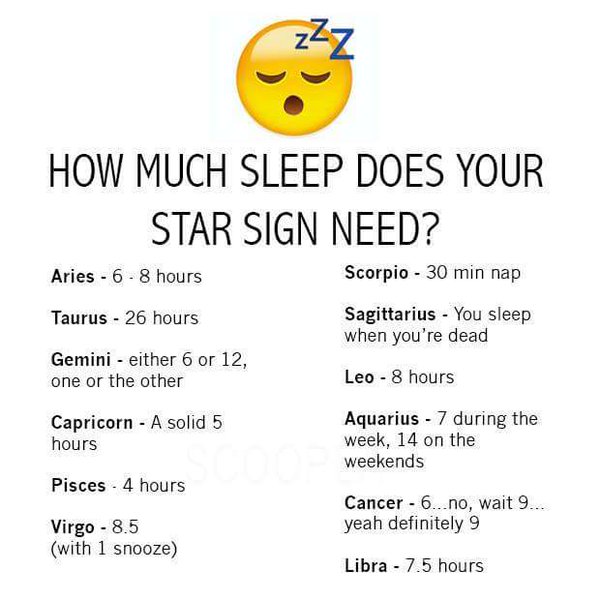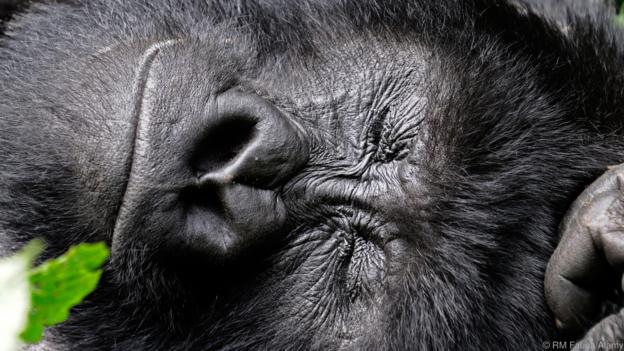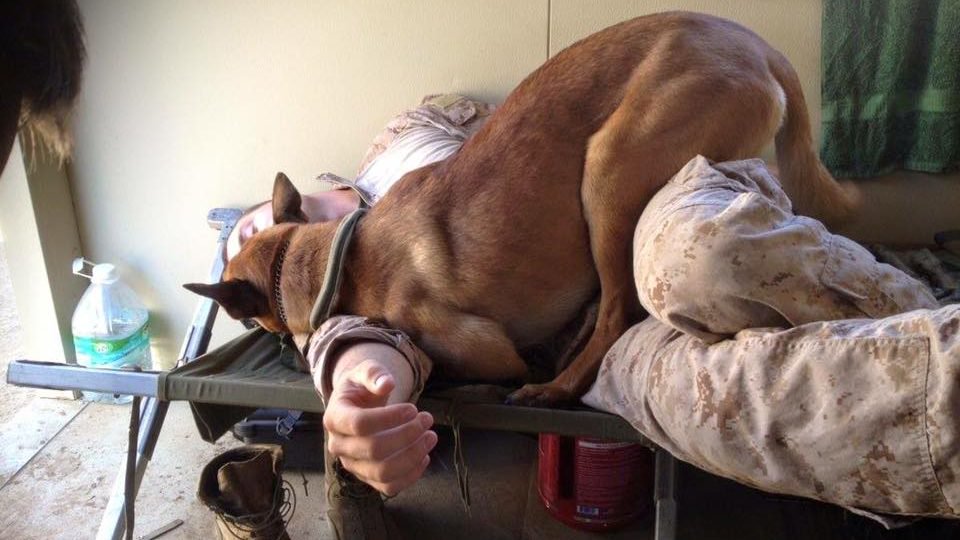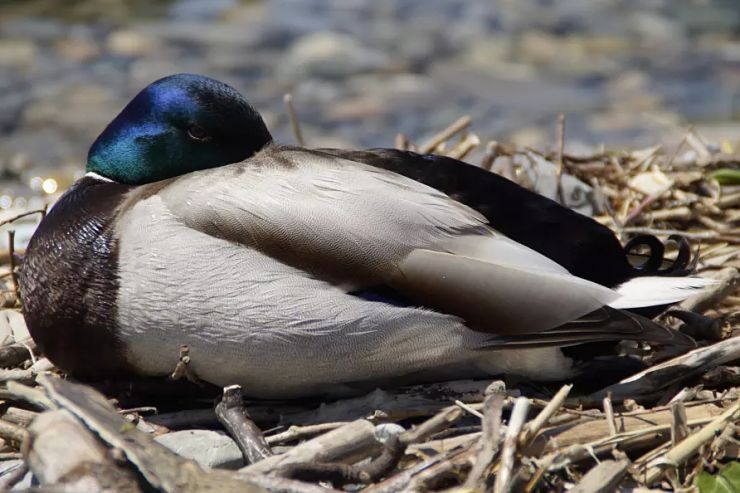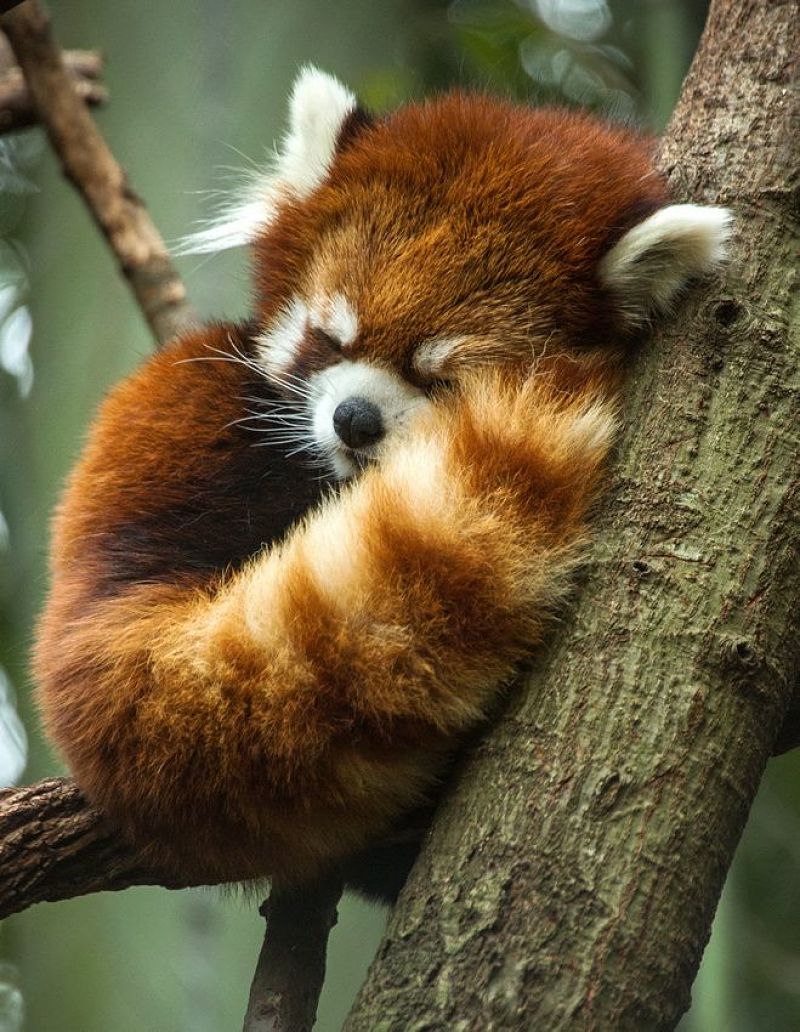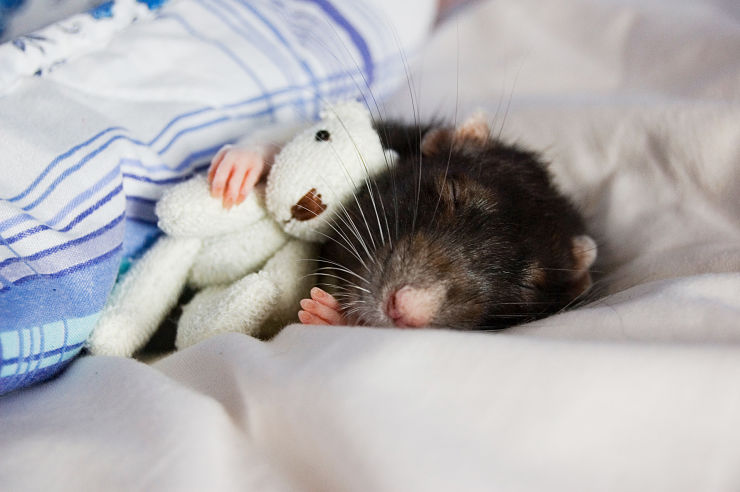Q&A: Why Do Humans Need to Sleep and Animals Too?
Despite a plethora of research studies which show that sleep deprivation is harmful the precise purpose of sleep is still unknown.
There are lots of theories but nothing definite as yet. The commonest explanation is that sleep is needed for brain growth and repair.
Deep sleep coincides with the release of growth hormone in juveniles and young children.
Sleep times also coincide with times when there is increase production and turnover of proteins in cells in the body.
So the reasons for sleep may lie away from the brain itself. This article examines the various theories about why humans and animals need to sleep and some recent research on sleep.
Five Theories of Why Humans Need to Sleep
We spend about one third of our lives sleeping so it must be important. Despite years of research there are no definite answers. There are four main hypotheses.
1. Repair Hypothesis for Need to Sleep
Sleep is required to rid the body of free radicals and other waste products that can't be eliminated when we are awake. There is some evidence for this because the genes that run this process get ramped up when we sleep. This also fits in with the notion that animals with higher metabolic rates would generate more of these substances and so would need more sleep. Smaller animals with higher metabolic rates such as some species of mice sleep for 20 hours a day, whereas larger animals such as elephants and giraffes only sleep for 2-3 hours a night.
2. Fuel Replenishment Hypothesis for Need to Sleep
This idea is a bit like charging batteries. Lets say the critical quick sources for energy such as the fuel ATP (Adenosine Tri-Phosphate) and its precursor creatine can't be topped up properly when we are awake. Sleep then could become a quiet time out period when these 'batteries' in the brains and elsewhere in the body are topped-up. Experiments with drugs that interfere with ATP metabolism and seeing their effect on sleep, appear to support this hypothesis.
3. Brain Housekeeping Hypothesis for Need to Sleep
As people learn and process information throughout the day, the memory is being updated and new synapses are being developed at the junctions between neurons in the brain. This hypothesis is a bit like having to reload a server to rebuilt the information so it runs more efficiently. It is also akin to so-called 'defragging' of a computer disk. This means rebuilding the stored information to bring all the bits back together in to the one spot of the disk. For computers this improves performance. Perhaps sleep performs a similar function in the brain.
4. Memory Processing Hypothesis for Need to Sleep
The idea here is that the brain may need to replay and process all the events of the day, developing what has been learned and re-building and refining the memory.
5. Waste Flush and Clean Hypothesis for Need to Sleep
A recent study of mice in the journal Science, suggested that sleep allows brain cells to shrink and opens up pathways between neurons so that waste products and toxins can be washed away more efficiently. This keep the brain clean and working at peak capacity. Earlier research had identified a unique set of circulation pipes named the 'glymphatic system' which flushes waste from the brain.
Conclusion
Of course, the reason for sleep may well be a combination of one or more of these, or perhaps something else.
UPDATE: New Research Suggests Sleep Needed to Repair Nerve Insulation
A new study in animals offers another suggestion. That sleep is required to replenish supplies needed to repair specific types of brain cell.
The so called 'Oligodendrocytes' provide a unique function in the brain. They act like insulators for neurons and help the transmission of signals along the neuron networks. These cells physically attach to the nerve axon – the long nerve fiber that runs like a cable or wire between neurons. The axon is encased in what is called the myelin sheath which is made from a combination of protein and fat. The myelin sheath performs the same function as the insulator that surrounds and electrical cable. It acts to stop leakage during the transmission of the signal along the axon.
The researchers found that in mice, during sleep, the genes involved in making myelin, or the oligodendrocyte cells that support the myelin become activated. The genes are switched on.
On the other hand, when mice are awake or had been sleep-deprived, these genes were deactivated. Also another group of genes involved in cellular repair and replacement were also switched off.
This research supports repair and restoration theory of sleep. It suggests that sleep is a time for replenishment of resources that are depleted throughout the day. It is like a shut down process. Certain things can only be done when the normal activities of the body are shut down or in a resting state. The researchers found that the more time the mice had in REM sleep, the more the number of the oligodendrocyte precursor cells increased and built up in the brain.
However they are many research findings and other observations that seem to contradict the restore and repair theory of sleep. One deduction for this theory is that the more active you are, the more sleep you need. But this is not true and the opposite applies for many people.
